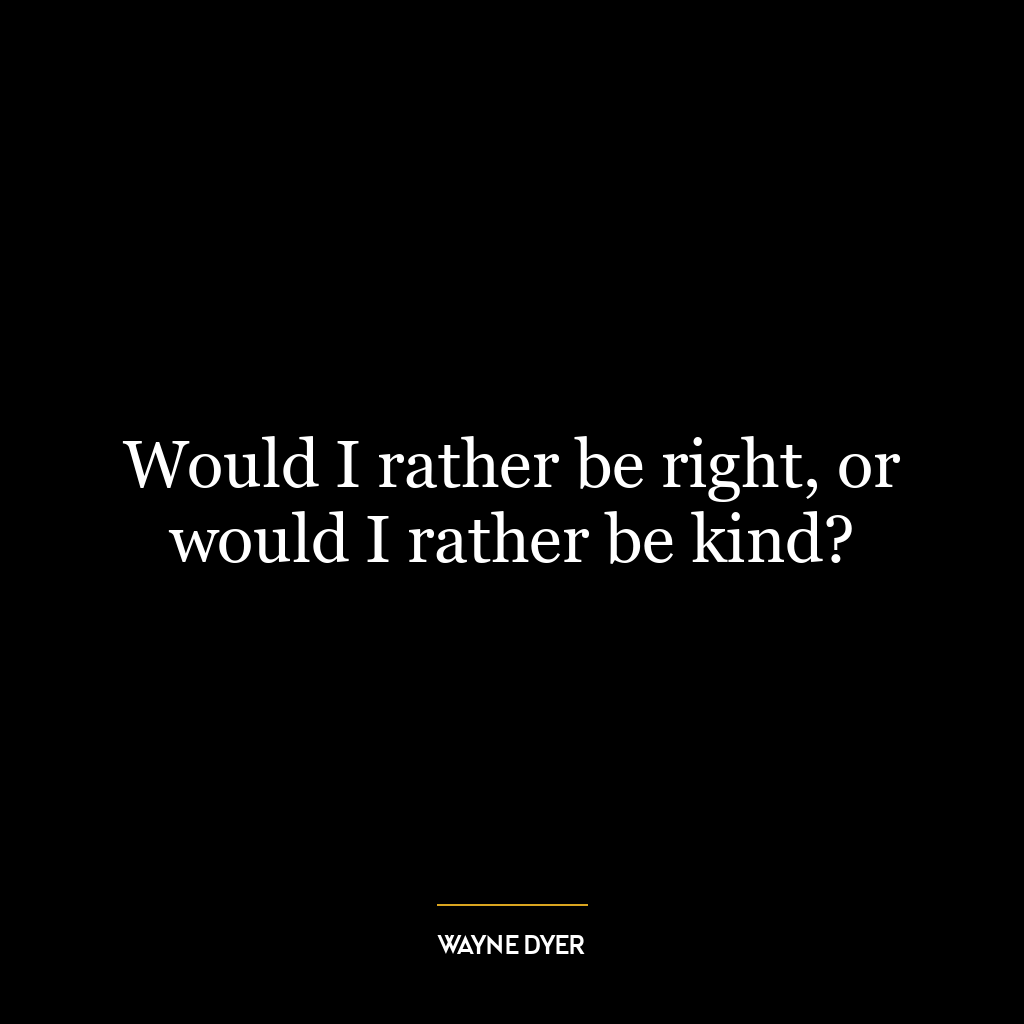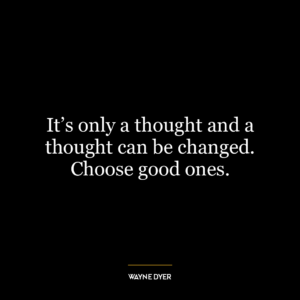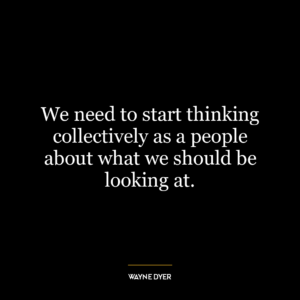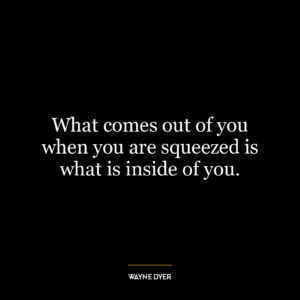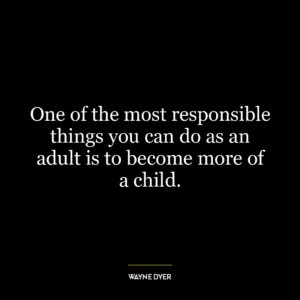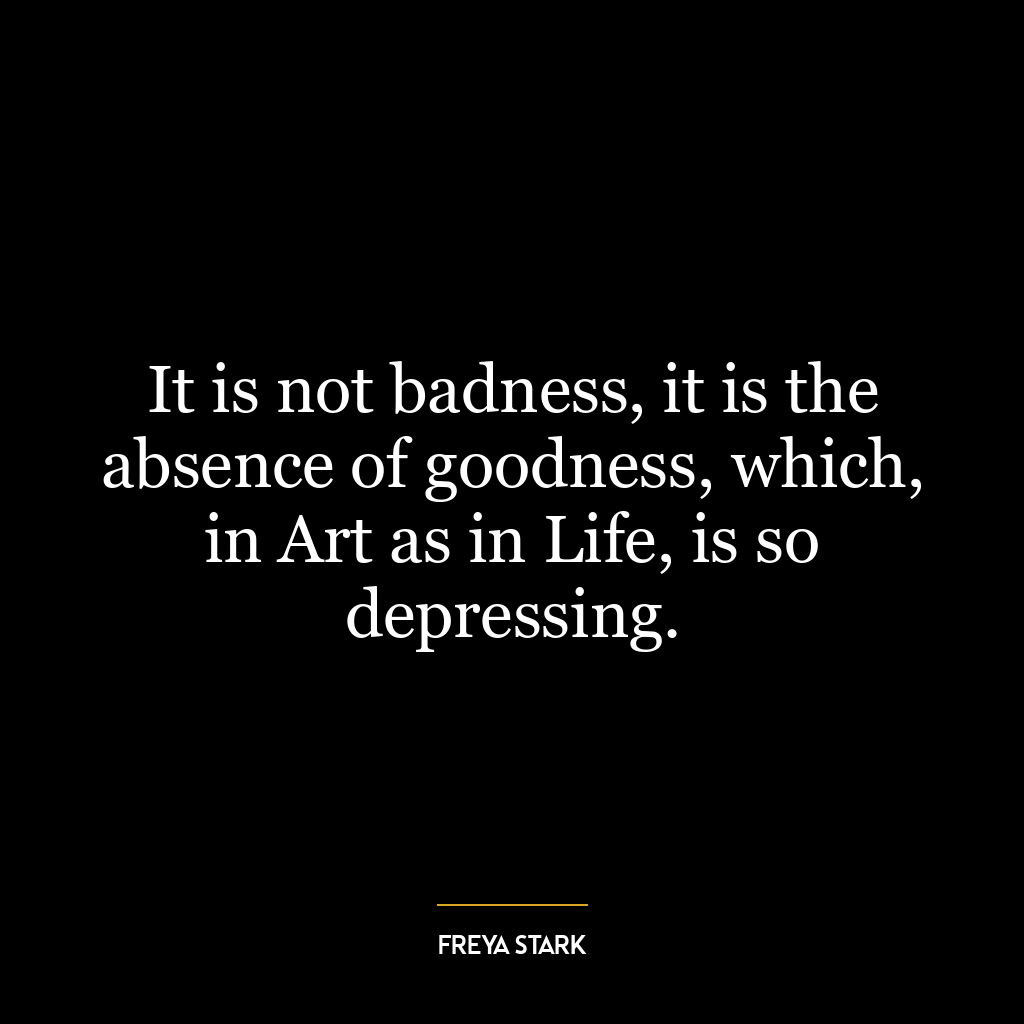Would I rather be right, or would I rather be kind?
“Would I rather be right, or would I rather be kind?” is a powerful quote that calls upon us to question our priorities in interactions adn relationships. It’s about choosing compassion over proving a point,fostering harmony instead of discord.
At its core, the saying suggests that being ‘right’ isn’t always the most crucial thing in a conversation or an argument. Being ‘right’ can often lead to conflict and tension, whereas choosing to be ‘kind’ promotes understanding and peace. The quote doesn’t mean you should suppress your beliefs or opinions but encourages us to express them in ways that respect others’ feelings.
In terms of personal growth, this idea can help individuals reframe their approach towards disagreements and conflicts. Instead of getting caught up in winning an argument or imposing our views on others, we should aim for empathy and understanding. This attitude not only fosters better relationships but also contributes to personal growth by cultivating patience, tolerance, and emotional intelligence.
In today’s world where social media platforms are frequently enough battlegrounds for heated debates wiht little room for empathy or kindness, this quote is more relevant than ever.It urges us all to prioritize kindness over righteousness even when we’re behind screens—where it’s easy to forget there’s another human on the other side.
Moreover, it applies not just at individual levels but also at larger societal levels where polarized viewpoints frequently enough lead to conflicts. If societies worldwide adopt this perspective—choosing kindness over being right—we might see fewer wars based on ideologies and more peaceful coexistence based on mutual respect despite differences.
ultimately the choice between being right or kind depends on context—sometimes standing up for what’s right is crucial—but as a general principle in life; prioritizing kindness can lead to more harmonious relationships both personally and globally.

